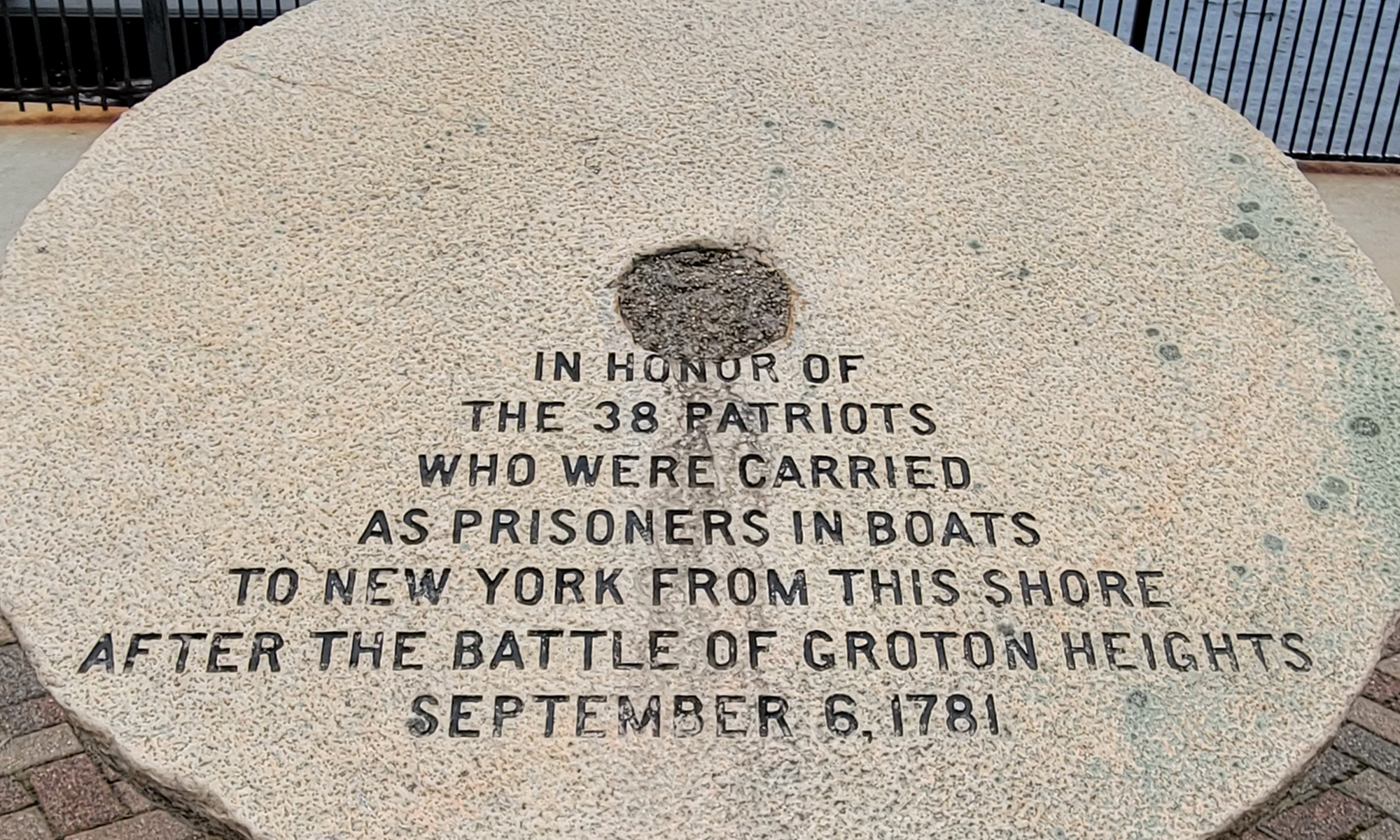By Dinah Lenney
The night after I learned my father was missing, my 4-year-old son, Jake, had a nightmare. I didn’t know yet that my father had been robbed and stabbed, left to die on the banks of the Hudson by a couple of teenagers. It would be almost three days before his body was found in the rain, curled onto its side, covered in dirt and blood.
People say that children are intuitive and that they know when something’s up, and I’m sure they’re right. But we were careful and we didn’t let on. We kept the truth from our kids because we didn’t know what the truth would turn out to be. I may have been snappish and tense, but I never hinted it had anything to do with their grandfather. So when Jake with the big heart, Jake who is innately spiritual and helplessly connected to the universe, Jake, who was my father’s only grandson, woke in the middle of the night weeping inconsolably to tell us he dreamed that bad men had taken his daddy, my husband, away, I was certain he’d been confused by a ghostly visitor.
We soothed Jake, we sang to him, we held him until he fell asleep. We tiptoed downstairs to bed and pulled up the comforter, and I told Fred, my husband: “Well, he’s dead, he must be. I mean, he must have been here, telling Jake goodbye.”
At first I was envious about my son’s night visitor, but weeks later, long after my father’s body was found, I started to have dreams of my own. My father was a scarecrow in a tuxedo at a masquerade ball, swinging from the rafters like a huge piñata. My father was driving me to an appointment, and I was buckled in the back seat, wearing knee socks and penny loafers, even though I’m a woman over 40. My father’s will had been read, his estate divided; I was bequeathed 50,000 sliced onions.
When he’s dead in my dreams, my father’s head bobs in and out of rooms like an odd note on a player piano. But sometimes he appears full-bodied and all of a piece, wearing an overcoat, waiting to pick me up and take me somewhere; I’m packing a suitcase in the dream, endlessly packing. I want to wake up, to stop finding clothes that have to be folded and stowed, not enough space, not enough luggage. It’s a dream that goes on in spite of interruptions — it picks up where it left off even after I get up to go to the bathroom. It’s exhausting, because I know I’m dreaming. I keep trying to negotiate a shift, a different kind of torture — just no more packing, please. All the while, all night long, my father waits for me and my overstuffed bags, leaning against his big sedan and chewing the side of his thumb, silent. What I don’t know, what I don’t remember until I wake up, is that he’s dead.
In a way that’s irrational and narcissistic, naïvely superstitious, I’ve mostly assured myself that nothing else can happen to me or mine. We’ve been hit once and hit hard, and what are the chances that one family would suffer more than one tragedy? But bad things can happen to the same people over and over again, with no rhyme or reason and nobody keeping cosmic score. And if the whole situation is more (or less) mysterious than it seems? If there is life after death? If there are angry ghosts? What if my father wouldn’t rest until he took one of us along with him? What if he wanted Jake? You can’t have him, I’d insist in my head, when my son ran a high fever, caught a weird stomach flu, took a scary tumble on the playground.
The summer after my father’s death, when Jake was 5, he became separated from us on a beach in Carpinteria, a little town just south of Santa Barbara, where we’d gone to visit friends for the day. It was so unlike him — he was appropriately wary of the water and never one to wander off. But one minute he was beside me, the next he was gone. Fred and I stood up to our knees in the surf, shouting his name, scanning the beach, the waves.
“Somebody help me, somebody help!” I screamed.
Out of nowhere, a woman — bleached blond is all I can remember — came toward me, holding my baby’s hand in hers.
“Is this your boy?” she asked.
Jake was crying convulsively, and I dropped to my knees in the sand to hold him.
“I’m here, honey, Mommy’s here,” I said out loud, but in my head, I was shaking my fist. “You can’t have him,” I scolded my father. “He’s mine, not yours.”
Ridiculous, I know. My father has no posthumous plans for my children. He’s dust, or if he isn’t, then he wishes them long, happy lives and infinite good fortune. He would only protect them, if he could, keep them safe and happy and well.
When I looked up to thank the stranger (and you have to wonder, don’t you, for a moment, who sent her), she had disappeared in the crowd.
Dinah Lenney is the author of “Bigger Than Life: A Murder, a Memoir.” This essay is adapted from the book.

